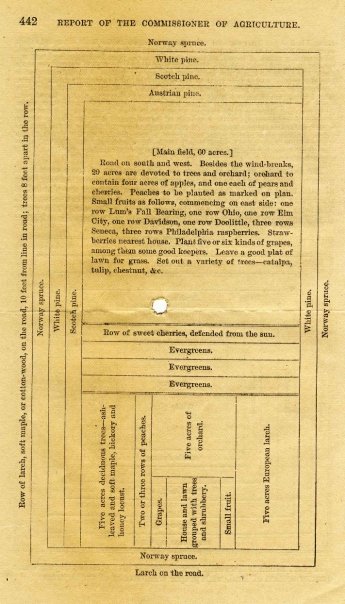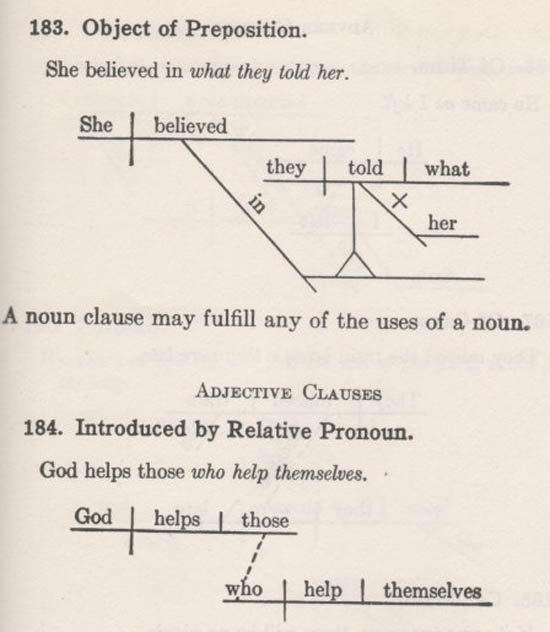Lately I’ve been reading and thinking a lot about how to bring more fulfillment and sense of purpose to my work life. Invariably books on these sorts of topics ask the reader to think back to their earliest childhood career dreams as a way of rekindling a sense of possibility and wonder, if not an actual answer to the question, “What do you want to be when you grow up?”
In my case the answer was: bag lady.
I must’ve been four or five when I encountered my first homeless person. At the time I didn’t have much sense of social class, poverty, or issues like that. What I saw was a woman pushing a shopping cart filled with what appeared to me to be a lot of useful stuff and some pretty mysterious treasures as well. She didn’t seem in any hurry. She wasn’t dressed up in a terrible skirt and pinchy shoes. She had a marble in her hand and a grin on her face. I thought she was marvelously free and I wanted to be just like her.
I doubted everything
and I believed everything.
It was my theology or affliction.
My first memory
was a story my mother told
which never happened.
My second memory
was unphotographed and lost forever.
When I left a woman,
I left her twice
and I felt
just what I’d watched
others feel
while I sat open-mouthed before the screen.
Shannon Holman, New York, 2002
published in Raised in a Barn
On Adolescence
for Debbie Benson
Others have their own fires. Ours started small,
an accident with a cause: lens of ground glass, fire ants,
paper from a pack of cigarettes.
We ran into the woods to wait out what would happen
and, while we were not what we wanted,
we were what we were.
Clutched together, our breathing
became a third person, all smiles, without much English.
Puckers on both knees, sap in the scabs, tarry, sweet.
What we tasted: red hots and cut grass,
and you had a doll that wet,
which you left there, and another with a crank for growing hair.
Let x equal kiss,
because when we changed we changed the language.
The sun was not harmless. It was no egg in the air.
We strung up our clothes in the virgin forest
and sang I’m your pusher. For virgin, read
where the small trees fail. We started there.
We caught. And after? We smoked. And after that? We smoked.
Shannon Holman, New York, 2001

This reminds me of the Robert Hass poem “Meditation at Lagunitas.“
Either the dun bitch will bear or she will not. If she bears either you
will place the pups in a sack or you will not. If you place the pups in
a sack either you will tie the sack with a black dress shoestring or you
will not. If you tie the sack either you will carry it down to the stream
or you will not. If you carry it down to the stream either you will throw
the sack in or you will not. If you throw the sack in either one pup will
swim or it will not. If one pup swims either you will carry that pup home
in your arms or you will not. If you carry that pup home in your arms
either night will fall before you reach the house or it will not. If night
falls before you reach the house either the moon will show or not. If
the moon shows either it will show itself full or not. Either you will
turn the pup’s head to face the full moon or you will not. If you turn
the pup’s head to face the moon either a sound will come from inside the
pup or it will not. If a sound comes either you will know the sound or
you will not. If you know the sound you will know that you yourself have
been making that sound without ceasing all the days of your life. Prayer,
you will call it, or not.
Shannon Holman, New York, 2001
A few weeks ago I was at a resort in Boca Raton on business, and while there I felt lonesome because it seemed that I wasn’t finding the same appeal others did in the ostentatious beach resort and its fancy clientele. Even young girls knew the difference between the quotidian BMW and the Lamborghini, and cared. But according to Alain de Botton, I might just as well have felt sorry for the rich folks as for myself:
“When you see someone in a Ferrari, don’t think, ‘This is a greedy person.’ Think: ‘This is someone vulnerable and in need of love.'”
via Caterina
Lately I resemble these remarks over at Change This:
“When great starts have poor endings, it can leave change pioneers disappointed, hard working organizers disheartened, and skeptics with proof they were correct all along. It makes the next initiative more challenging to launch and the next set of resistors more defiant. However, without needed change the organization risks losing its competitive advantage. Losing its edge makes it harder to attract and retain the best talent and resources, and in today’s economy, the death knell begins.
Planned change takes courage and tenacity. Even organizations with a burning platform, effective leaders, and well-crafted plans can sometimes miss the mark because they fail to recognize early signals that the seeds for derailment are being sown or they fail to realize the power of the signals they are sending via decisions that are unsupportive of the culture change commitment.





